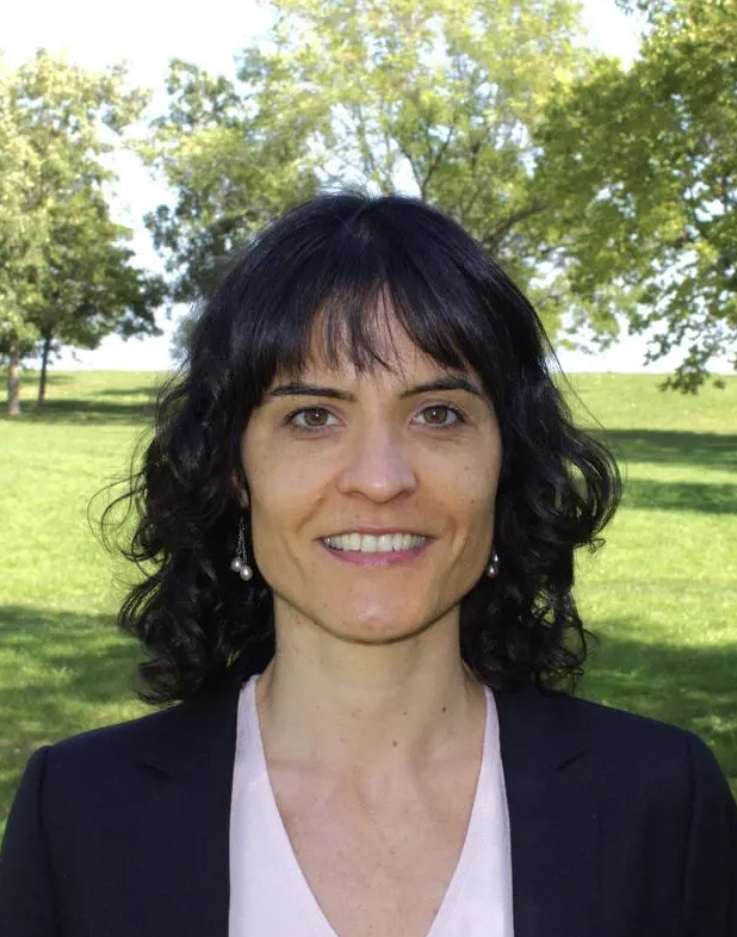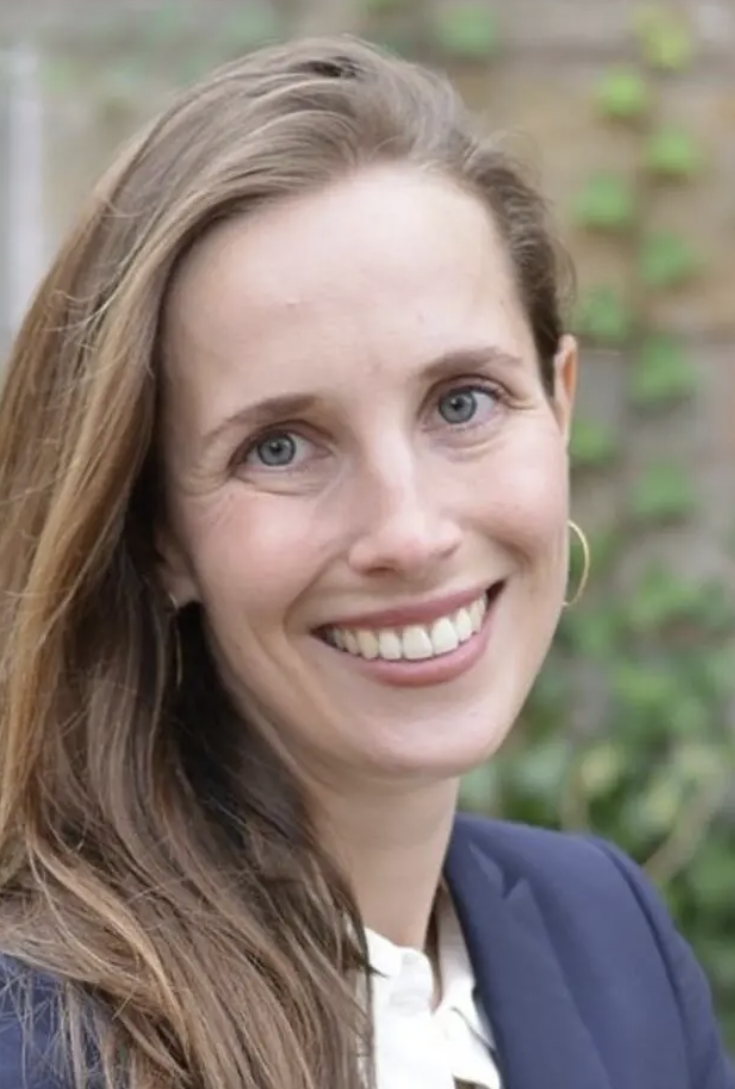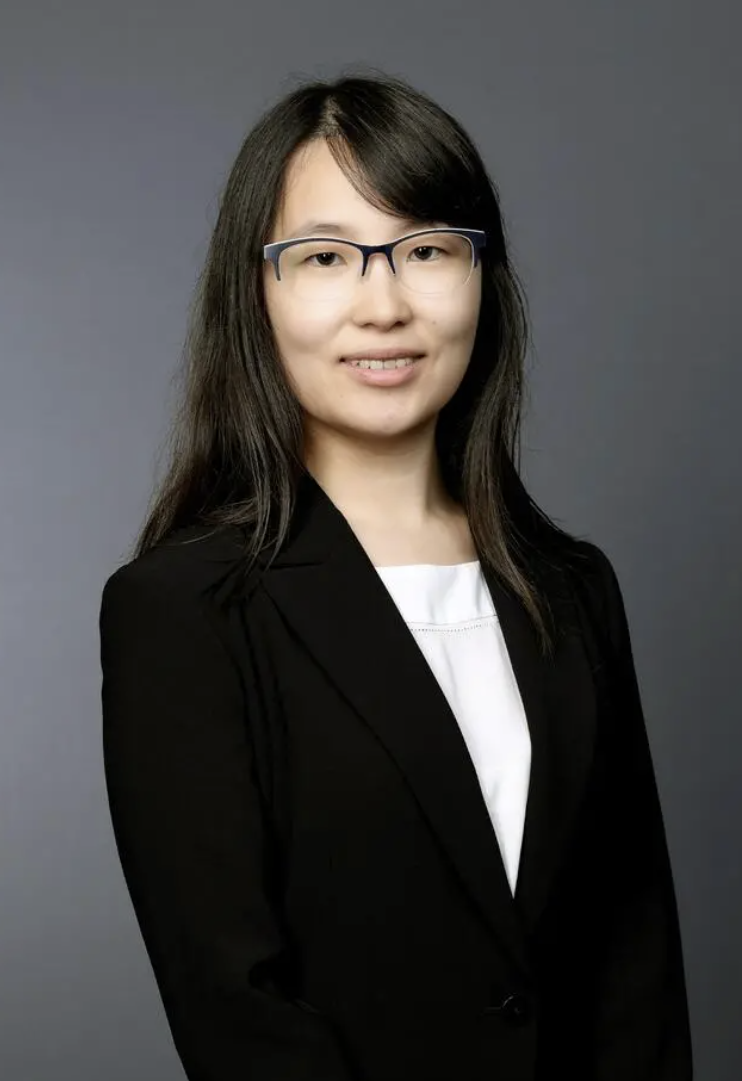Departing Cowles Post-Docs Reflect on Their Time at Yale

The Cowles Foundation's postdoctoral program says farewell to departing scholars who are now heading to prestigious institutions across the country. These scholars have used their time at Yale to advance research spanning macroeconomics, international trade, development economics, and industrial organization, while building the networks and expertise that will serve them throughout their careers.
These newly minted faculty members highlight the program's intellectual rigor and collaborative culture. They discuss the freedom to focus on research without teaching obligations, the exposure to cutting-edge work across fields, and the invaluable mentorship from Yale faculty. But equally important are the spontaneous moments that made their experience personally enriching: Agostina's impromptu soccer matches and coffee conversations, Nina's memory of presenting development economics to an audience of trade economists and theorists, and Jingyuan's office partnership with Agostina that sparked her interest in international trade. These stories capture the essence of the Cowles Foundation—a place where serious scholarship flourishes alongside genuine collegiality and intellectual curiosity.

What's Next?
Agostina joins the Becker Friedman Institute at the University of Chicago. In 2026, she will start at the Booth School of Business.
Agostina Brinatti
"During my post-doc, I mainly focused on submitting my job market paper to a journal and revising two other papers that are currently under review. I also had the opportunity to discuss potential new projects in collaboration with professors at Yale.
The post-doc has been beneficial in several ways. I had the chance to engage in enriching and stimulating interactions—both through one-on-one conversations and by attending seminars—particularly with the trade group in the Economics Department and at the School of Management. I learned a lot from these discussions. The post-doc also gave me the time and flexibility to focus on my research without teaching or other time-consuming responsibilities. That freedom, along with the resources available here, made it possible for me to make significant progress—far more than I could have achieved otherwise.
Something I really appreciated was how friendly and approachable everyone was. Some of my favorite moments were the spontaneous one, like joining lunch or coffee, or joining a soccer match after work. Those casual interactions made the experience not just intellectually rewarding, but also really fun and personally enriching."

What's Next?
Nina will do a post-doc at Princeton before joining UC Berkeley.
Nina Buchmann
"I started a few new projects on gender inequality in the household and labor market in low-income countries, including one project with another Yale postdoc (Lisa Ho) building on my job market paper.
It provided me with the time and space to develop my research agenda and initiate new projects before commencing my teaching duties. Most importantly, it connected me with brilliant economists and exposed me to ideas I might not have encountered otherwise.
My seminar presentation might have been the first and last development presentation that some of the other Cowles postdocs attended in their life. It was very cute to have a trade economist, theorist, and macroeconomist in the audience!!"

What's Next?
Maria will be a Research Scientist and Lecturer at Yale.
Maria Kogelnik
“I started two new projects during my post-doc at Yale. First, a field experiment on gendered preferences for power and paternalism in India, which is joint work with Rohini Pande, Charity Troyer Moore and Akash Uppal. In this project, we investigate if the desire to exert influence as well as paternalistic behavior depends on the gender of the person one's decisions concern. In another project, which is joint work with Philipp Strack, we conduct a series of online experiments to investigate how people reason about the effect of quotas in selection processes, and whether quotas causally shift beliefs.
The postdoc has been very beneficial for my career, as I had the opportunity to find new coauthors and get to know lots of people who are doing exciting research projects and are interested in similar things.
I really enjoyed the community at EGC. It's a vibrant research environment with lots of great colleagues and the staff are very supportive.
I am very grateful that I was given an outstanding opportunity to continue my work in the role of a Research Scientist and Lecturer at Yale. This is an ideal environment for the kind of research I plan to do in the next few years.”

What's next?
Aleksei is now at Princeton University's Economics Department.
Aleksei Oskolkov
"During my postdoc here, I worked on a macroeconomic model with capital investment frictions and studied capital misallocation. I also worked on a model of financial intermediation with risk-based constraints and studied the dynamics of risk premia in asset prices.
The postdoc program exposed me to top-notch research in my area and related subjects, it also helped me tremendously broaden my network and establish connections with faculty from other schools and other fields. We had a very close group of postdocs at Cowles and became friends over the year."

What's Next?
Jingyuan is going to the University of Michigan Department of Economics.
Jingyuan Wang
"During my post-doc at Yale, I worked on projects at the intersection of industrial organization and energy economics. Much of my research focused on electric vehicle adoption, infrastructure, and the evolving market structure in this sector. Using real-world data, I studied how consumers and firms respond to policy interventions, and what that means for effective policy design. My work asks questions like: Should governments subsidize EVs—and if so, which type, and how much? When and where should we build charging infrastructure? What frictions —such as coordination failures or misaligned incentives—might hinder the effectiveness of these policies, and how can researchers help anticipate or mitigate them?
The post-doc has given me the time and space to finalize several projects, explore new research directions, and deepen my overall agenda. I’ve learned a lot from the community at Yale—conversations here have sharpened both the technical rigor and the policy relevance of my work. I especially appreciated the culture of openness and genuine curiosity—people ask tough but generous questions, and casual discussions often turn into real research insights. I also had the opportunity to collaborate with Professor Ken Gillingham at the School of the Environment, which broadened my perspective on environmental and energy issues. Overall, it’s been a valuable bridge between graduate school and a faculty position: a year of both independence and growth.
The industrial organization (IO) group is incredibly welcoming, with regular faculty and student lunches, dinners, and even BBQs at faculty's houses. The postdoc and junior faculty community is warm and supportive, offering an easygoing space for peer exchange. Visiting faculty added another layer of openness and fresh perspectives.
Most importantly, having Agostina as an officemate was a highlight. Thanks to her, I developed an interest in international trade—a field I previously knew little about—and my time at Yale became both more intellectually engaging and personally joyful. I’ll miss her for sure."